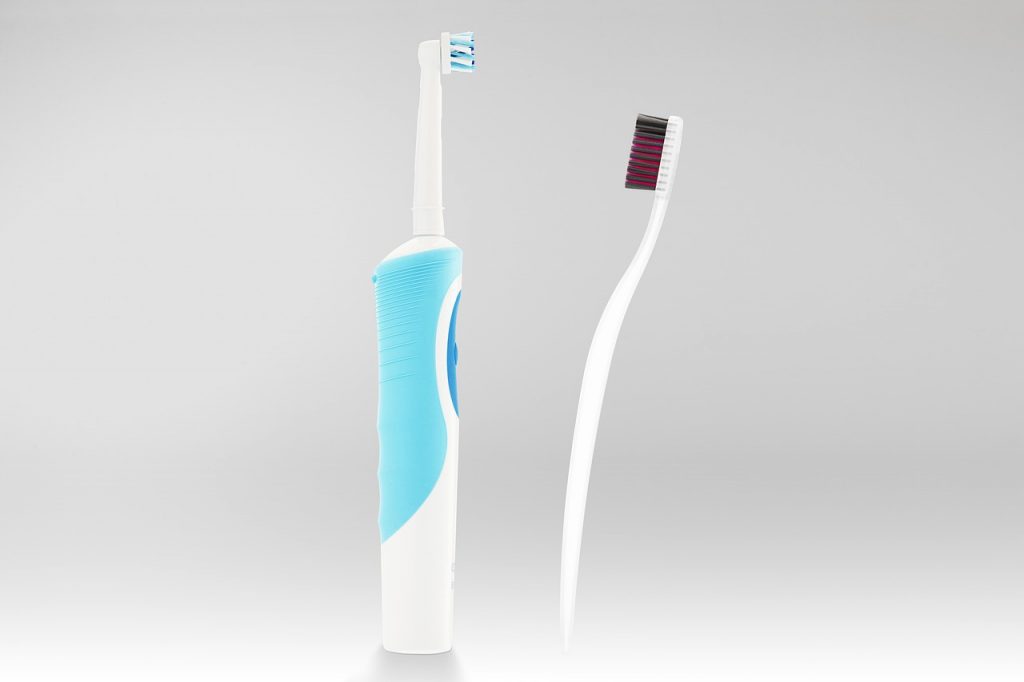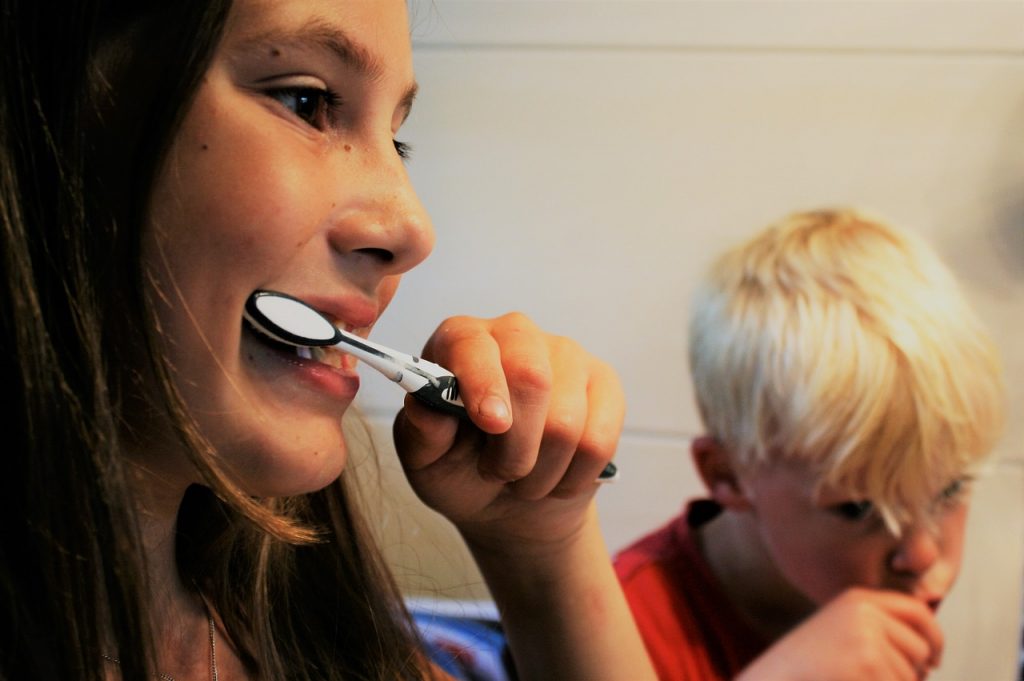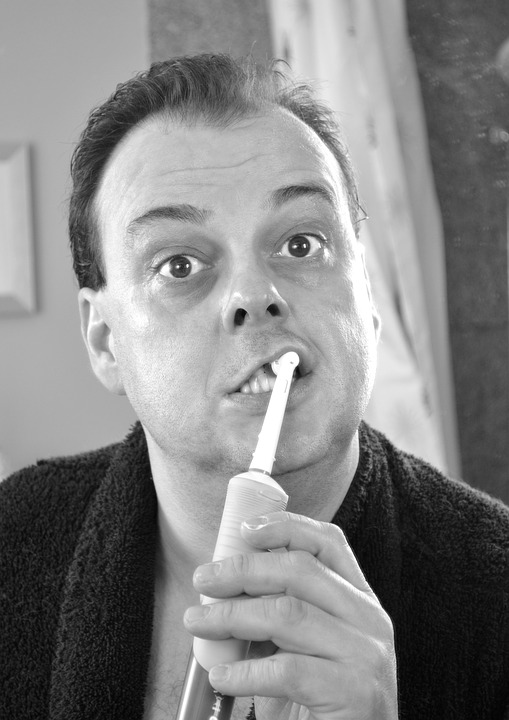Did you know that electric toothbrush was invented in Switzerland in 1954 already and that it was first designed for people with limited motor skills who weren’t able to brush their teeth as efficiently as healthy people with a manual toothbrush?
Technology has come a long way since then, and electric toothbrushes are used by millions of people all across the world today.
But is having an electric toothbrush really worth it, or is it just another overhyped trend? Does it really have the edge in efficiency compared to using a traditional “manual” toothbrush?
Here’s a list of the top 6 reasons why you might consider switching to an electric toothbrush.

1.Electric toothbrushes aren’t as sensitive to the brushing technique
Traditional toothbrushes have been used for centuries and it’s proven that they get the job done as long as you are using the right brushing technique. However according to several surveys, studies have shown that vast majority of people aren’t brushing their teeth the right way which is one of the main reasons for formation of dental plaque. If untreated, dental plaque can lead to several severe problems such as tooth loss and even heart disease in the long run.
Electric toothbrushes don’t require precise brushing motions because they do most of the job by themselves. You just need to gently press the brush head to the tooth surface which means that it’s easier to achieve the best brushing technique possible using an electric toothbrush.
2.They help you reach the dentist’s recommended 2 minutes of brushing time
Studies have shown that over 30% of Americans don’t brush their teeth long enough to remove all the plaque and food leftovers that are hiding on hard to reach areas in mouth. Electric toothbrushes make you brush longer because they are equipped with two timers. The 30-second timer lets you know exactly when is the time to move the toothbrush from one quadrant of the mouth to another and the 2-minute timer tells you when your brushing session has reached the dentist’s recommended 2-minute mark.
3.Brushing too aggressively? Not with an electric toothbrush.
Although enamel is the hardest tissue in the human body, it’s far from being indestructible. Brushing teeth too aggressively can wear it down on the long run, and thinner enamel leads to sensitive teeth. And what’s probably even worse, vigorous brushing can push back and damage the gums. When gums are pushed back, the root area of the teeth gets exposed and creates even more sensitivity.
High-end electric toothbrushes are equipped with inbuilt pressure sensors which remind you when you brush your teeth too aggressively and help you use just enough pressure to effectively clean the teeth while being gentle to enamel and gums.
4.Electric toothbrushes are ideal for people who are wearing braces
Oral hygiene should be an important part of everyone’s daily routine, but it should be even more important for people who are wearing braces. The food leftovers are especially hard to remove from tiny spaces between teeth and braces which often leads to buildups of dental plaque.
While there aren’t any electric toothbrushes designed especially for braces on the market, their efficiency is more than enough for dentists to recommend them to people who are wearing braces.
5.Electric toothbrushes are fun to use, and kids love them

Traditional toothbrushes have been around for centuries. They are a necessary evil one has to use twice per day for two minutes to keep teeth healthy and in good shape. We take them for granted, and they have become boring. Electric toothbrushes are still something new, and they are arguably more fun to use, especially for children who are addicted to everything related to technology.
6.Electric toothbrushes are better for the environment
Although electric toothbrushes require electricity, they are still friendlier to environment because it takes approximately 25 replacement brush heads to equal the amount of plastic used for a single manual brush, depending on electric toothbrush model. Majority of traditional toothbrushes aren’t recyclable while some brush heads of electric toothbrushes are. It’s a fact that accumulation of plastic products in the environment causes pollution, so if being green is something you strive for, an electric toothbrush is the way to go.
Final thoughts
There are hundreds of different electric toothbrushes on the market, and they can cost anywhere from $30 to over $250. The most expensive ones usually offer more brushing modes and accessories such as travel case, UV sanitizers, and several brush replacement heads. Cheaper ones are often just as effective as the most expensive ones, but they come with less accessories that make the toothbrush more attractive but aren’t really essential for oral health.

